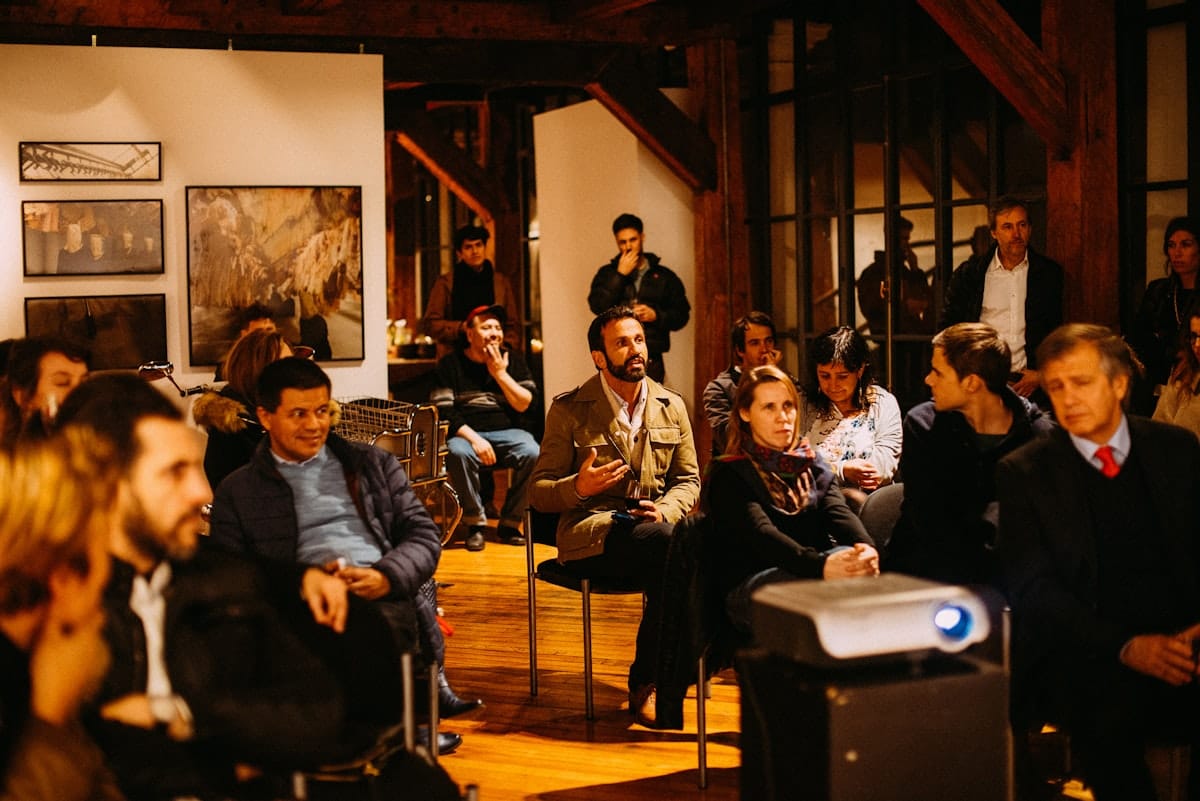The Executive Summary's latest pulse survey researched 150 global enterprise CEOs on their relationship with technology. Most studies focus on CIOs, but with the rise of AI, CEOs are pushing harder to drive the tech agenda themselves.
Two Stats That Matter [more to be revealed]:
- 68% of CEOs want to take advantage of new technologies [but many mentioned lack of available funds as a blocker]
- 81% admit they don’t understand how existing technology is decommissioned
The takeaway:
CEOs are under pressure to move faster, but the very systems they rely on are slowing them down. They think they should be able to free up capital through faster decommissioning of old technology, but they do not understand the complexity of this.
Some respondent comments:
“We don’t need 18 systems for the same job, but we’ve accepted that’s how things are.”
“We want rid of consultants and tech firms that have held us hostage.”
“Legacy tech isn’t my job. But I’m now seeing it’s costing billions and I don’t know where the value is. I want that money back for growth.”
The Global 2000 are carrying between $1.5tn to $2tn in tech debt - that is the systems and software originally implemented to save time in delivery, but actually created more complexity and waste than anticipated.
This includes legacy tech: systems that are outdated, but still in use. Ideally you wouldn't choose them today, but companies are scared to replace or migrate for fear of outages.
According to Forrester’s 2025 technology and security predictions, 75% of technology decision-makers will see their technical debt rise to a moderate or high level of severity by 2026 due to the rapid development of AI solutions.
In other words, AI is about to cause a tsunami of legacy tech that businesses are not ready to deal with - or pay for. The money will flow away from innovation unless they get control. CEOs will be more frustrated.
This is no longer an IT issue - it’s a business problem that has been masked by a facade that "this is just how IT works".
In reality, it is down to aggressive contracts and poor ROI from some of the largest tech firms in the world knowing how to manipulate companies who do not have the risk appetite to decommission.
AI hails all kinds of modernisation promises. Even though many see it as an exponential leap in productivity, it's more complex than just 'replace this AI tool with that legacy process.'
As the study from Publicis Sapient says:
“This study... reveals a growing recognition that breaking free from tech debt requires more than new technology. It demands a shift in mindset, delivery models, partner expectations and operating architecture."
The problem is, people are suckers for believing in the promise of new technology. They believe AI could fix this, but there is a lack of awareness in what always happens with new, more efficient technologies.
Wind back, lad.
In 1865, economist William Jevons gave the British government a warning. Making coal more efficient wouldn’t reduce its use. It would increase it. Efficiency, he said, would make coal cheaper, more available and energy more abundant so people would burn more of it.
Jevons Paradox was thus born. The more efficient we get, the more stuff we use. Now with AI, the resource it is designed to improve is 'inefficiency' in people and tech.
Eg - the paperless office led to more paper used. LED lights - led to a net effect of more electricity used for the huge increase in LED bulbs. I could go on...
But if you follow the Paradox, what we could be about to witness with the AI tsunami is a huge productivity and waste fallout from more complexity and unknowns that were not thought of.
So you could end up with more technology and people managing more complexity to support the old tech that needs to support the new tech.
Automate one process and you get ten more. Migrate to the cloud - expand your footprint. Adopt AI and accelerate the dysfunction that was already there.
Perhaps it is cynical, but history shows the more efficient something becomes, the harder it is to dismantle.
Fear runs the legacy debate today so change to this is not going to be easy. And CEOs will find this hard.
Legacy 2.0 is looming and requires a huge shift in mindset to tackle the BAU apathy and risk-averse objections to the challenges required in regulation, legal, security and financial arguments.
These have allowed Big Tech firms to earn incredible revenues and rarely be challenged.
The question is - as CEOs gear up their companies to be more nimble - can the business follow with a challenger mindset that delivers that?
Tough call.

The CIO Summit
I'm speaking tomorrow at the CIO Summit on the sustainability fallout from AI and the impact on technology debt. AI will accelerate a rush of wasted IT and legacy contracts that add little value but cannot be switched off. This will paralyse innovation budgets and teams who already feel there is nowhere to move with punitive contracts from legacy vendors.
I'll be showing some of the latest CEO research from The Executive Summary - and whether they think their teams are brave enough to challenge traditions and beat the Big IT vendors... July 3rd. Park Lane.

Unlock: The Challenger Collective
The Executive Summary presents: Unlock - The Challenger Collective designed to bring massive value to businesses by breaking the invisible norms and business-as-usual traditions costing billions of dollars.
Unlock is an invite-only C-level cohort of proven leaders who challenge the traditions of global business.
Today, there’s little visibility or time to react to geopolitics, market shifts and change. Traditional consultants no longer cut it.
Leaders find more value in peers - those in the trenches, solving real problems, not watching from the sidelines.
They know their organisations carry baggage: legacy, processes, speed and tradition while competitors are moving to next-generation models.
To stay ahead, they must unlock innovation, leadership and capital fast. They have the keys - but which doors should they open - or kick down?
Unlock brings together global leaders and disruptive thinkers to ideate, workshop and build new models. Our structured workshops allow leaders to meet those who’ve broken, rebuilt and reshaped businesses by delivering outsized impact from breaking tradition.
Tomorrow’s leader must break to rebuild. Unlock is where that begins.
If you would like to be considered for an Unlock cohort, please email: hello@theexecutivesummary.com
The City CIO Club
The Executive Summary's City CIO Club returns in the Autumn with talks, dinners and drinks. If you are a CIO and would like to attend, please email: hello@theexecutivesummary.com
Shoutouts

For its relentless challenger mindset, check out Ireland's best tech growth story: Origina - changing the software industry.
Find demand - understand what customers want with Tollejo's research and go-to-market services, trusted by government, FTSE and Fortune leaders
Get on message - learn how to speak to press and on stage with Erbut's media coaching programmes.
If you have jobs you would like to post on The Executive Summary, please send them in.
That's all folks.
Dan


